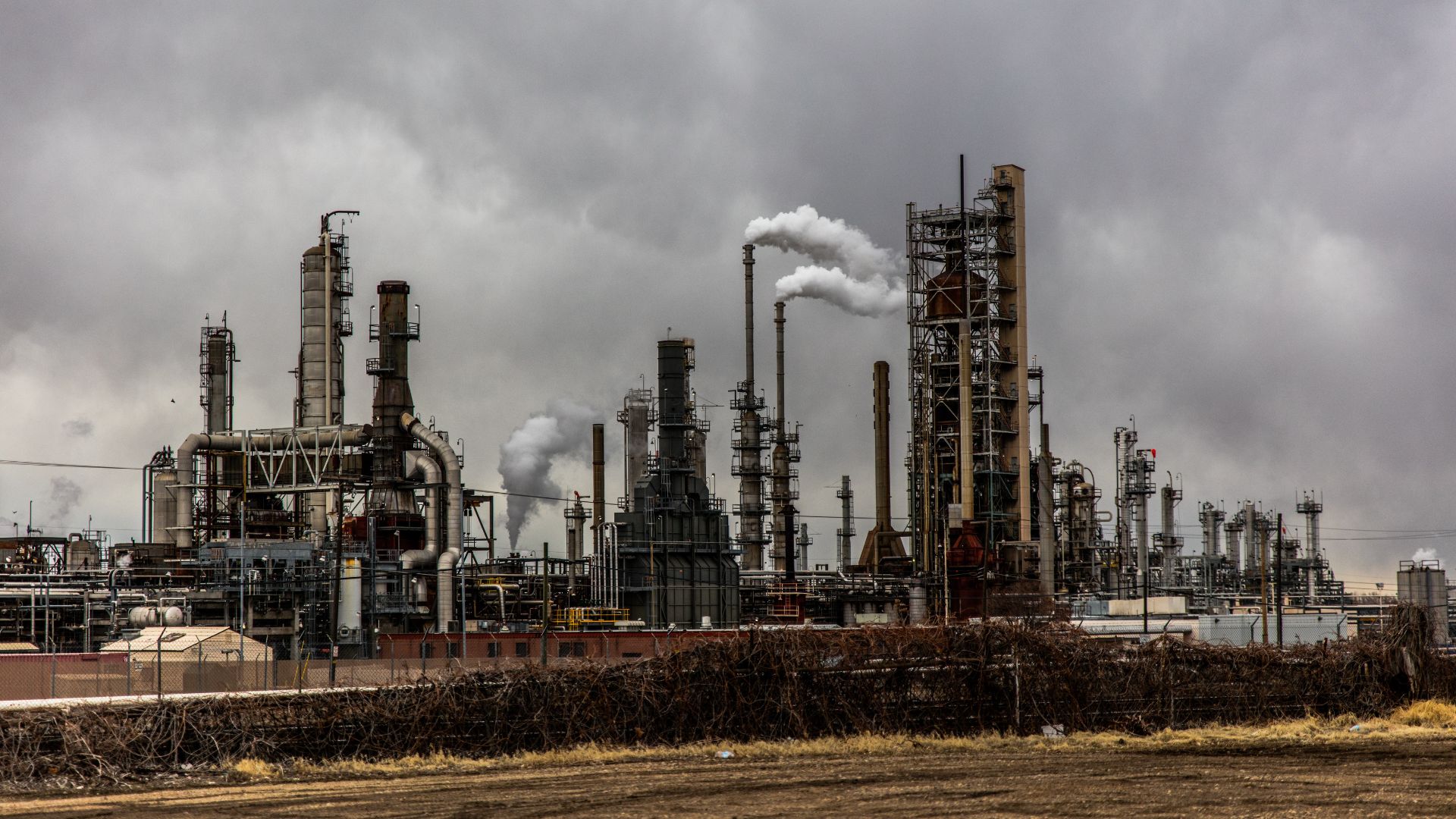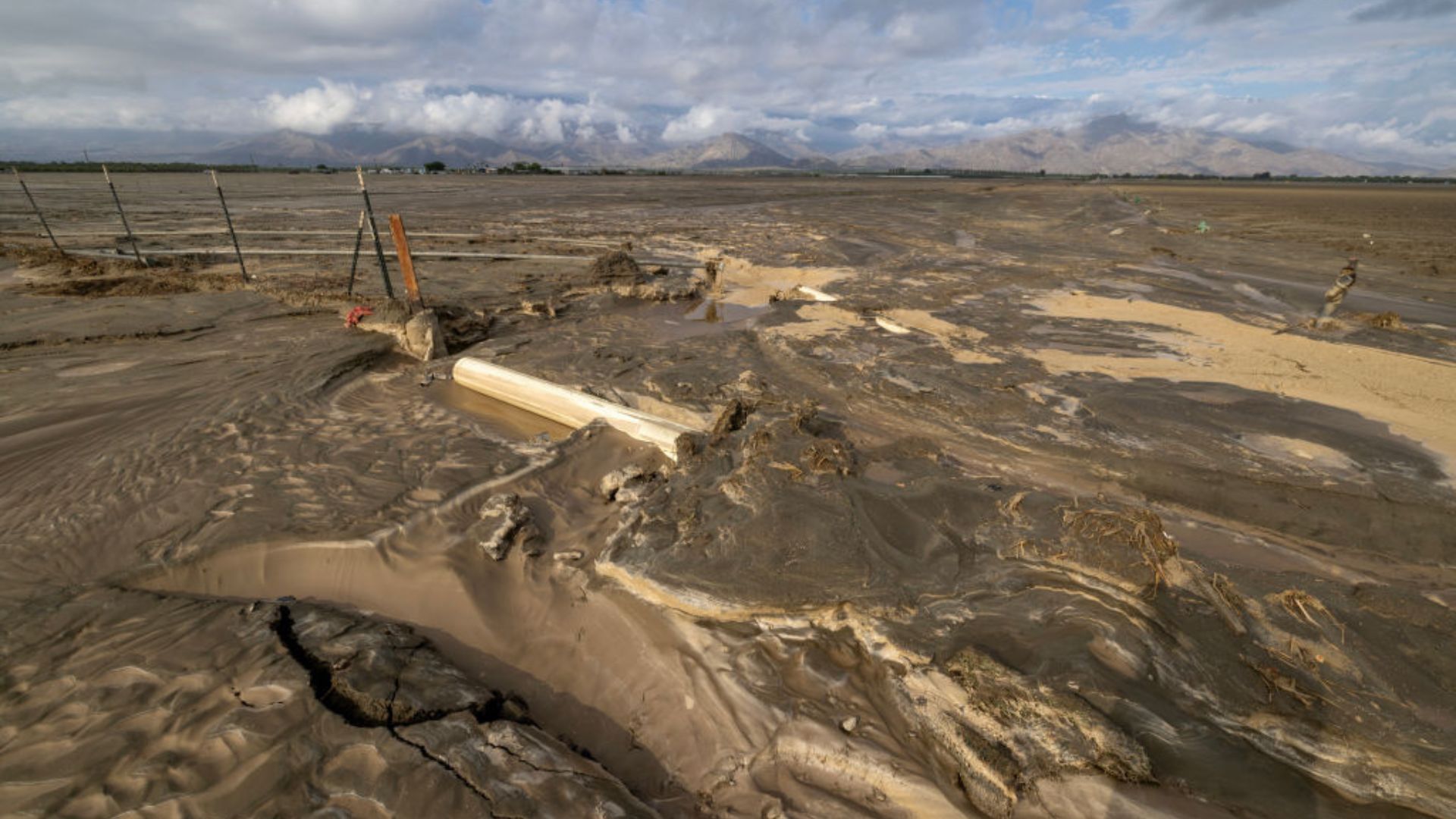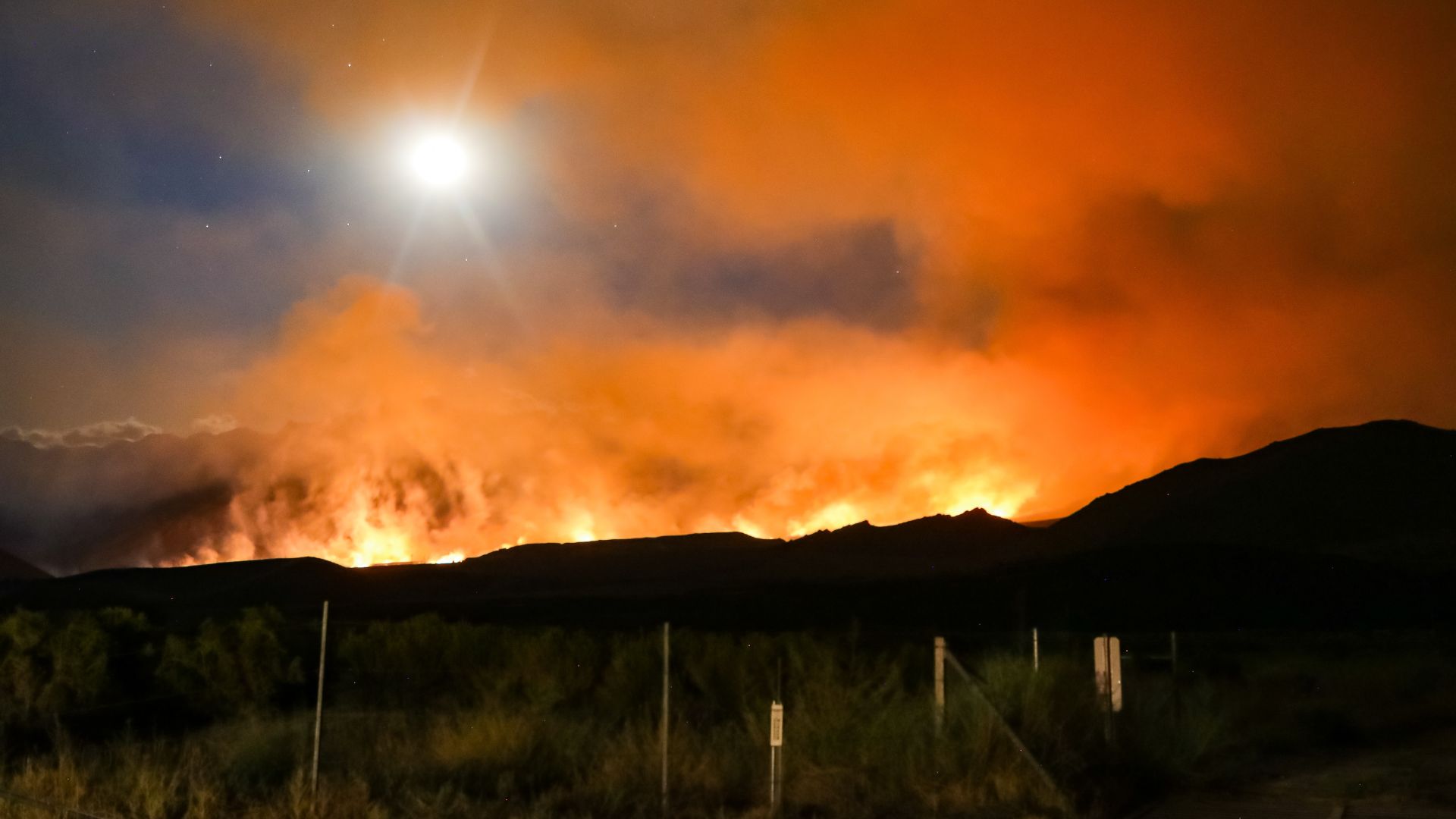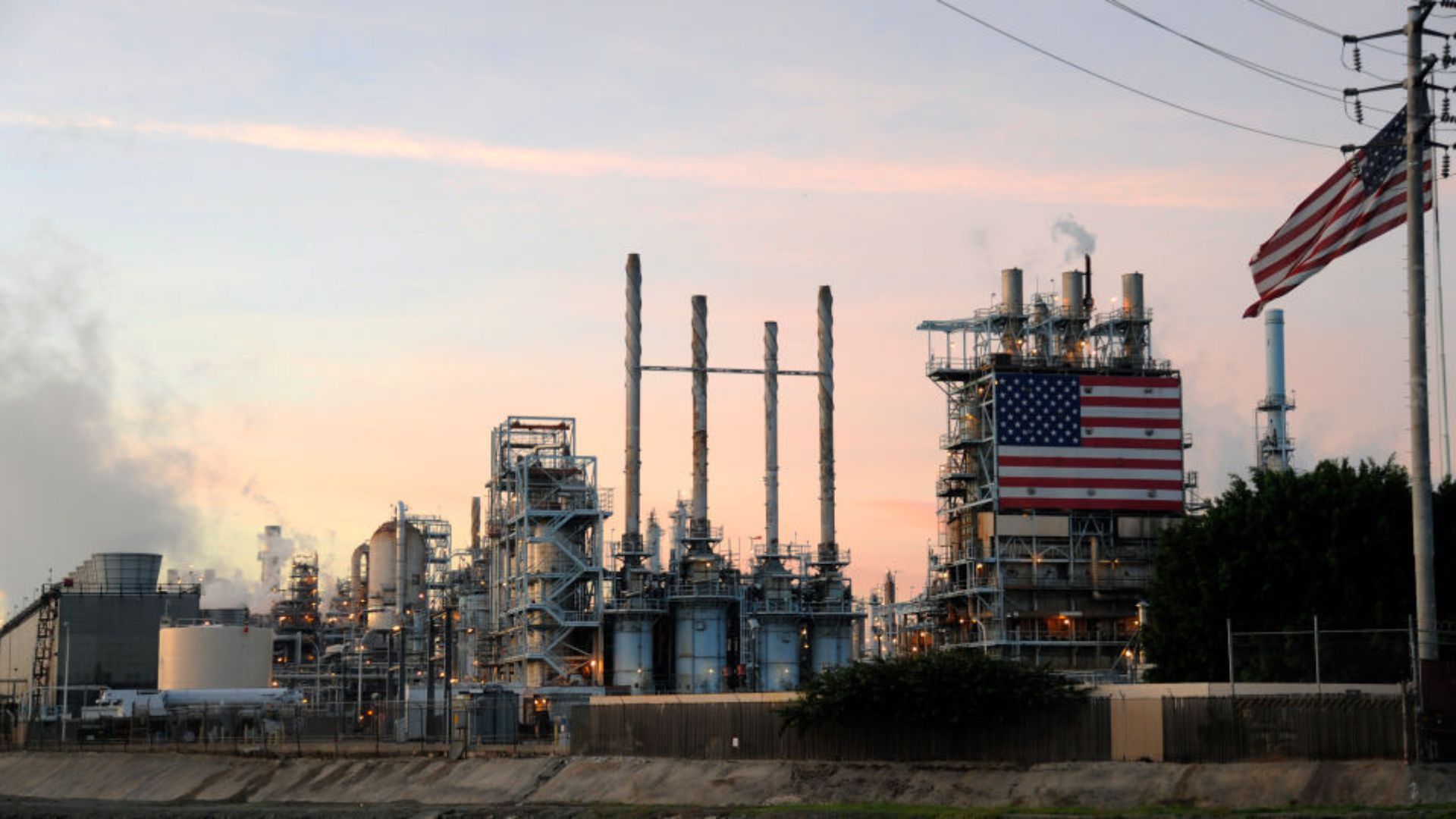CA is Suing Major Oil and Gas Companies For ‘Decades of Damage and Deception’
California, recognized for its environmental sustainability efforts, has recently initiated legal action against significant entities in the oil industry.
The state alleges that these companies have been misleading the public about the negative consequences associated with non-renewable energy sources. The lawsuit names ExxonMobil, Shell, BP, and the American Petroleum Institute.
The Basis for the Lawsuit
Governor Gavin Newsom’s office contends that these oil companies have been systematically deceptive in their communications to the public.

Source: Getty Images
The central issue is whether the oil industry has hidden the true risks of using dirty energy and if this has directly led to environmental degradation.
Environmental Ramifications
California argues that misinformation from the oil industry has amplified the effects of global heating. The state has witnessed an increase in extreme weather conditions, such as powerful storms, intense wildfires, severe droughts, and flooding.

Source: Getty Images
These environmental challenges place additional stress on both natural ecosystems and human communities.
Accountability and Reparations
The lawsuit is not only about identifying alleged misinformation but also seeking redress. If the court rules in California’s favor, the oil companies might be required to provide financial compensation to the state.

Source: Getty Images
This compensation would address the environmental damage attributed to the industry’s operations and its alleged misinformation campaigns.
Defense from Oil Entities
The named oil companies and their representatives are expected to mount a robust defense in court.

Source: Patrick Hendry/Unsplash
With extensive resources and a history of navigating complex legal challenges, these corporations will present their perspective and counterarguments to the state’s claims.
Analyzing the Impact
Statistical data has indicated that California has faced 5,741 wildfires in 2023, consuming over 305,000 acres of land.

Source: Getty Images
These figures from Cal Fire highlight the state’s vulnerability to environmental challenges, which is central to the context of the lawsuit.
Observing Unusual Weather Patterns
In addition to wildfires, California has seen other significant shifts in its weather. For instance, Southern California experienced its first tropical storm since 1939.

Source: Getty Images
This unusual meteorological event brought record levels of rainfall to areas such as Palm Springs, San Diego, and downtown Los Angeles.
Rising Temperatures
Recent data underscores the intensifying heat in California. The month of July was recorded as the hottest month in the state’s history.

Source: Ross Stone/Unsplash
Such temperature anomalies further emphasize the urgency with which the state is approaching environmental concerns and the ongoing lawsuit.
Potential Outcomes of the Suit
Should the court find in favor of California, the oil companies could face substantial financial obligations.

Source: Getty Images
Beyond compensating for environmental damage, there may be broader implications for the industry’s accountability and future conduct, especially concerning public communications and operational transparency.
California’s Renewable Commitment
Outside of the legal arena, California remains committed to its green energy initiatives. The state has set an ambitious target to achieve 100% renewable energy by 2045.

Source: Chris Linnett/Unsplash
This goal exemplifies California’s dedication to mitigating environmental impact and promoting sustainable practices.
International Implications
While the lawsuit is inherently a state matter, its ramifications could resonate globally.

Source: Getty Images
As major players in the global energy market, the outcomes concerning ExxonMobil, Shell, and BP could influence international energy policies and corporate transparency standards.
Awaiting a Decision
As the legal proceedings advance, a definitive verdict will eventually emerge.

Source: Getty Images
The decision could have profound implications, not only for the involved parties but also for broader discussions on environmental responsibility and corporate accountability in the era of global heating.
